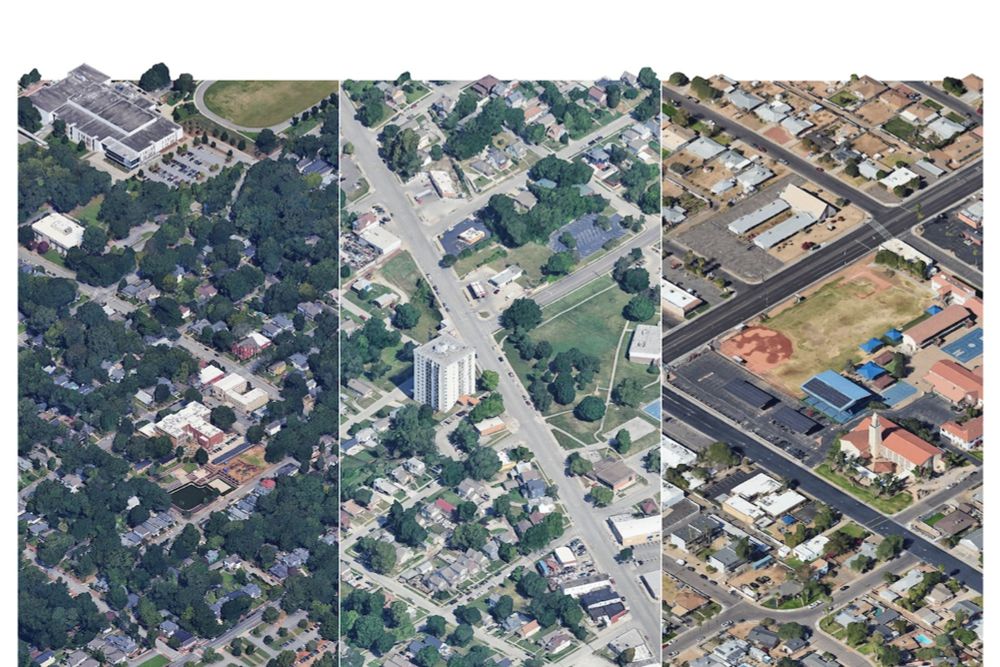Brady Dennis
@bradydennis.bsky.social
1.3K followers
210 following
37 posts
National environmental reporter for The Washington Post, focused primarily on the Southeast. Tar Heel born and bred. [email protected]
https://www.washingtonpost.com/people/brady-dennis/
Posts
Media
Videos
Starter Packs
Brady Dennis
@bradydennis.bsky.social
· Jul 6

Between broken tree limbs and muddied cabins, a father looks for his missing child
Michael McCown drove to the Hill Country when he learned of the flood. His little girl had been at Camp Mystic, among the youngest girls in the Bubble Inn cabin.
www.washingtonpost.com
Brady Dennis
@bradydennis.bsky.social
· May 22

This town was wiped out by Helene. How does it come back?
Chimney Rock, N.C., a popular tourist destination, is hoping to welcome back visitors this summer. But nearly eight months after Hurricane Helene destroyed it, an uncertain future remains.
www.washingtonpost.com
Brady Dennis
@bradydennis.bsky.social
· Apr 30

Mothering at the End of the World — THE BITTER SOUTHERNER
After Helene, mothers held their infants tight as they swam to safety. Held their toddlers close as tree limbs crashed through their roofs. Held their teenagers fiercely after their kids witnessed dea...
bittersoutherner.com
Reposted by Brady Dennis
Sarah Kaplan
@sarahkaplan48.bsky.social
· Apr 30

After Helene, N.C. bill could make it easier to declare missing loved ones dead
Even if a person has been missing for years, he or she is not presumed dead in the state. Alena’s Law, named after a 31-year-old missing since Hurricane Helene, will make death declarations easier for...
www.washingtonpost.com
Brady Dennis
@bradydennis.bsky.social
· Apr 9
Brady Dennis
@bradydennis.bsky.social
· Mar 25

1 in 8 Californians now face extreme fire danger, Post analysis shows
One in 8 Californians now live in places at risk for the kinds of devastating wildfires that tore through Los Angeles this winter, according to a Washington Post analysis of new state fire maps.
www.washingtonpost.com
Reposted by Brady Dennis




















